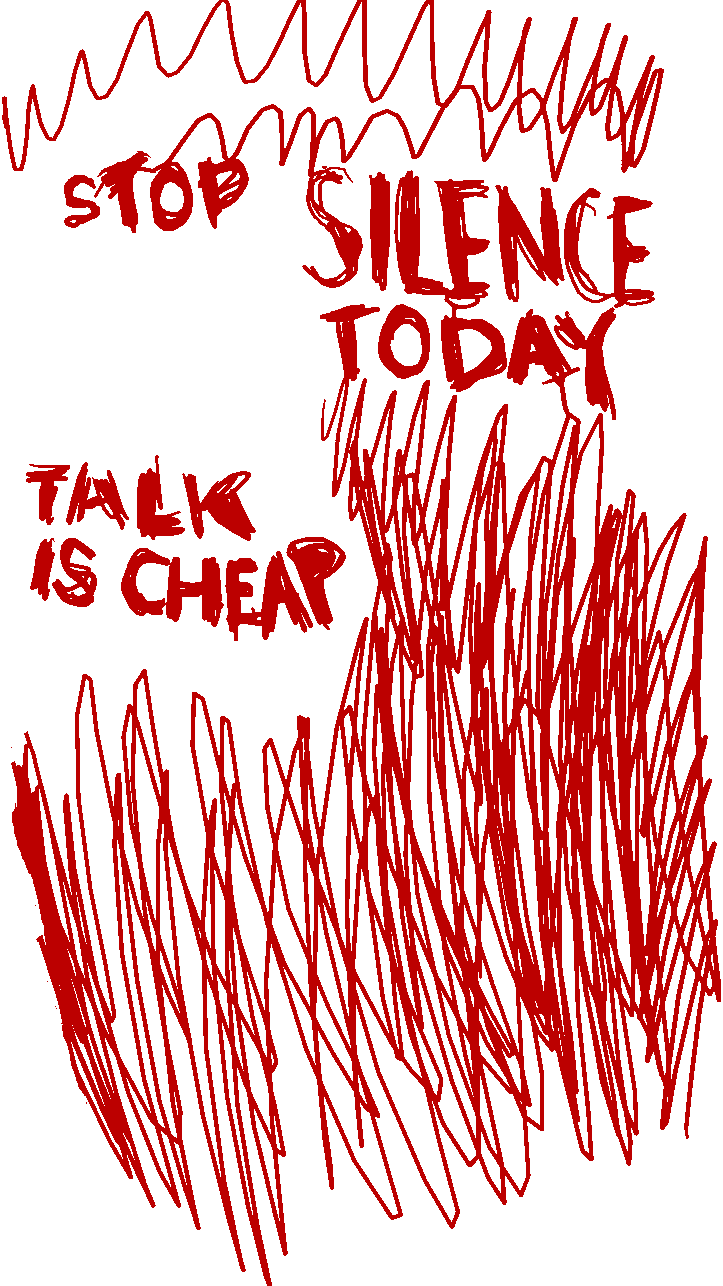What we covered today
• Negotiators recalled: US President Donald Trump said Friday it was time to “finish the job” and “get rid” of Hamas after the US deemed the militant group was not “acting in good faith” during negotiations. Prime Minister Benjamin Netanyahu said Israel and the US are considering “alternative options” after they recalled negotiators from talks. Hamas has said that a breakthrough was “close” before the US withdrew.
• Starvation crisis: At least nine more Palestinians, including two children, died of starvation in the past 24 hours, bringing the total to 122 since October 2023, according to Gaza’s health ministry.
• Israel to allow airdrops: Israel has denied creating famine and accused Hamas of “engineering” food shortages. The country will allow foreign nations to airdrop aid into Gaza in the coming days, a security official said, even though aid agencies warn airdrops are both costly and dangerous.
• Aid theft probe: Meanwhile, an internal US government review found no evidence of widespread theft by Hamas of US-funded humanitarian aid in Gaza.



















